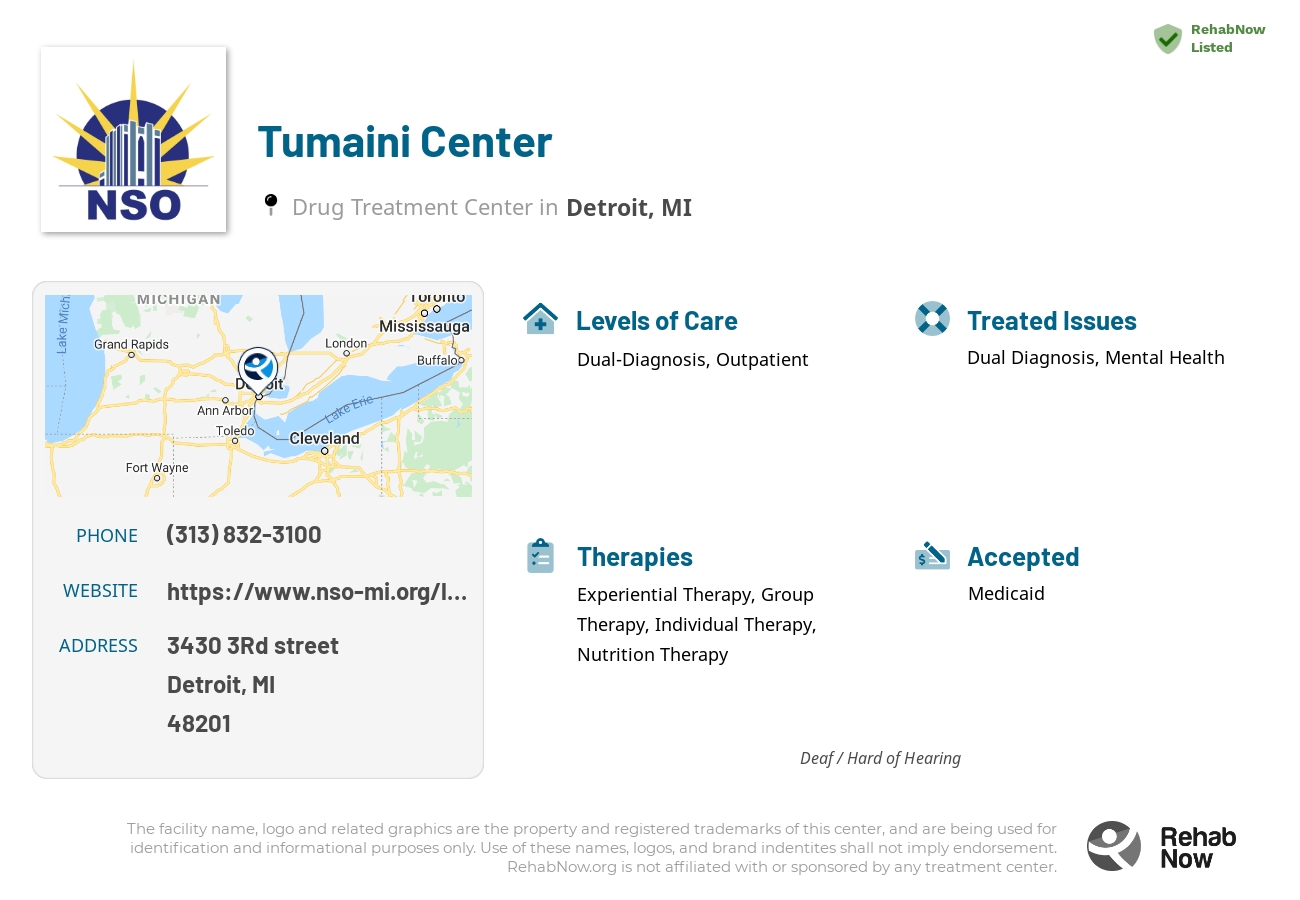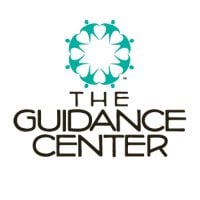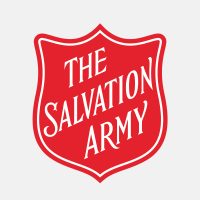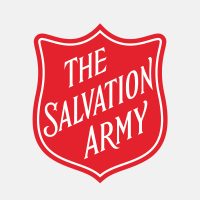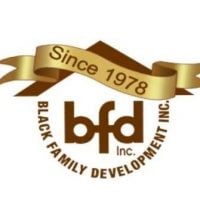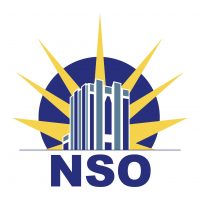
Tumaini Center
Drug Rehab Center in Detroit, Michigan
- Mental Health
- Dual Diagnosis
The Tumaini Center in Detroit, Michigan offers addiction and substance abuse treatment services, including residential and outpatient care, mental health support, and family counseling, aimed at improving individuals' overall wellness and recovery.
About Tumaini Center in Michigan
Tumaini Center is an Addiction Treatment Facility located in Detroit, MI. This facility was founded in 1955 and has been serving the community for several decades. Tumaini Center specializes in providing treatment for individuals suffering from Dual Diagnosis, which encompasses both addiction and mental health disorders. They offer a range of care levels including outpatient services, to accommodate the varying needs of their clients. Tumaini Center is affiliated with Neighborhood Services Organization, emphasizing their commitment to working collaboratively with other service providers in order to provide comprehensive support for those seeking help.
With a focus on Dual Diagnosis and Mental Health, Tumaini Center offers a comprehensive array of services for individuals struggling with addiction and substance abuse. Their treatment methods integrate therapeutic approaches meant to address both the addiction itself as well as any co-existing mental health issues. Tumaini Center's professionals are dedicated to identifying underlying causes and tailoring individualized treatment plans for each patient. By offering outpatient levels of care, they provide needed flexibility while ensuring clients have access to evidence-based therapies, counseling sessions, emotional support, and aftercare planning. Throughout their many years of operation, Tumaini Center has consistently strived to provide effective solutions for those seeking recovery from addiction within the greater Detroit area.
Genders
Ages
Modality
Additional
Conditions and Issues Treated
Dual diagnosis refers to someone who has both an addiction and a mental or emotional illness. Dual diagnosis treatment includes therapy for both issues simultaneously, allowing for effective treatment of either.
Sometimes people with addiction disorders also have co-occurring disorders like depression, anxiety, bipolar disorder, etc. These require specialized treatment programs that address both drug and alcohol addiction as well as psychiatric illnesses. Some rehabilitation facilities provide patients with co-occurring disorders a program with highly integrated services and a clean, distraction-free environment.
Levels of Care Offered
This center offers a variety of custom treatment tailored to individual recovery. Currently available are Dual-Diagnosis, Outpatient, with additional therapies available as listed below.
Alcohol or drug addiction, or co-occurring disorders, are treated in an outpatient program. The patient must attend therapy and other programs at the facility but can return home each night.
Outpatient treatment allows recovering addicts to live at home while receiving addiction treatment. Outpatients can attend group sessions for a few hours per week. Outpatients may also continue to work full time and study/attend school without interruption if they choose.
Therapies & Programs
Different people react differently to various treatment options. Some drug rehabilitation centers offer individualized treatment that caters to the specific needs of a drug addict. The best treatment option varies on an individual depending on the type of drug abused, life history, medical condition of the person, social circumstances, and the environment they live in now.
When a person enters drug rehab, they usually have anti-drug associations such as withdrawal symptoms, stress, cravings, etc. The first step of drug rehab is to detoxify the body from any residual substances in it. Drug rehabilitation centers usually employ trained medical professionals to help in this process. Usually, the initial detoxification lasts for five days, where the person is monitored under close supervision.
Attending group therapy at Tumaini Center in , is a useful way for those seeking sobriety to realize they aren’t the only one going through it.
This is when a group of people on different recovery phases get together and talk about what they’re going through, their triggers, successes, and failures. This can include alternative types of therapies too! Group therapy may occur on an outpatient or inpatient basis with groups that have no pre-existing relationships outside the session, unlike support groups where everyone already knows each other beforehand.
Good nutrition can be difficult for people recovering from addiction because they may not feel like eating while they are experiencing the physical and emotional side effects of detoxing.
Nutrition therapy can help addicts in the following ways:
- Helps individuals to understand which foods promote good health and support recovery that will assist them during detox
- Provides guidance and education about how to maintain a nutritious diet so they can stay healthy during recovery
- Improves their overall health and well-being, which can reduce the severity of substance withdrawal symptoms.
Nicotine replacement therapy is a popular method of treatment that helps individuals overcome their addiction to cigarettes by providing them with safer alternatives. Nicotine replacement options can include:
- Inhalers
- Gum
- Patches
These treatments are often used in combination with other therapies, such as cognitive behavioral therapy or motivational interviewing, to help individuals more easily transition into a smoking-free lifestyle.
Patient Experience
Experiential Therapy at Tumaini Center
Experiential therapy is a type of therapeutic approach that focuses on having patients work through problems, issues, or emotions by engaging directly in some real experience. It occurs face-to-face with a therapist who helps these people to explore their feelings first hand. The hope is that when this happens, the patient will feel driven to turn away from their destructive behavior and instead take up positive behaviors or coping mechanisms. Direct experience methods, role play, psychodrama, interpersonal and social learning are a few different forms of experiential therapy.
Payment Options Accepted
For specific insurance or payment methods please contact us.
Neighborhood Services Organization Associated Centers
Discover treatment facilities under the same provider.
- NSO Life Choices in Detroit, MI
- Neighborhood Services Organization - Older Adult Services in Detroit, MI
Learn More About Neighborhood Services Organization Centers
Additional Details
Specifics, location, and helpful extra information.
Detroit, Michigan 48201 Phone Number(313) 832-3100 Meta DetailsUpdated November 25, 2023
Staff Verified
Tumaini Center Patient Reviews
There are no reviews yet. Be the first one to write one.
Detroit, Michigan Addiction Information
Michigan has the second-highest rate of drug and alcohol abuse in the nation. Heroin is linked to more than 50% of the state's hepatitis C cases. Marijuana is the drug most often associated with crimes in Michigan, followed by methamphetamines. Opioids alone are responsible for almost 20% of all drug overdose deaths in Michigan.
Over 1,000 drug-related overdose deaths occurred in Detroit, Michigan, in 2017 alone. Opioids (42%) and benzodiazepines (22%) are the most common drugs involved in overdose deaths. Drug overdoses killed more people in 2016 than homicides. In Detroit, Michigan, there are a variety of drug rehab centers to choose from. The most important thing is to find a facility that will best meet the needs of the individual.
Treatment in Nearby Cities
- Canton, MI (21.5 mi.)
- Walled Lake, MI (25.2 mi.)
- Novi, MI (23.0 mi.)
- Ishpeming, MI (365.8 mi.)
- Commerce Township, MI (26.9 mi.)
Centers near Tumaini Center
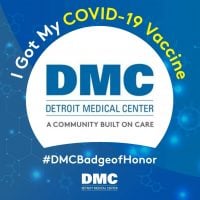
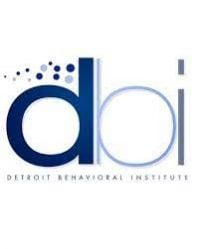

The facility name, logo and brand are the property and registered trademarks of Tumaini Center, and are being used for identification and informational purposes only. Use of these names, logos and brands shall not imply endorsement. RehabNow.org is not affiliated with or sponsored by Tumaini Center.

